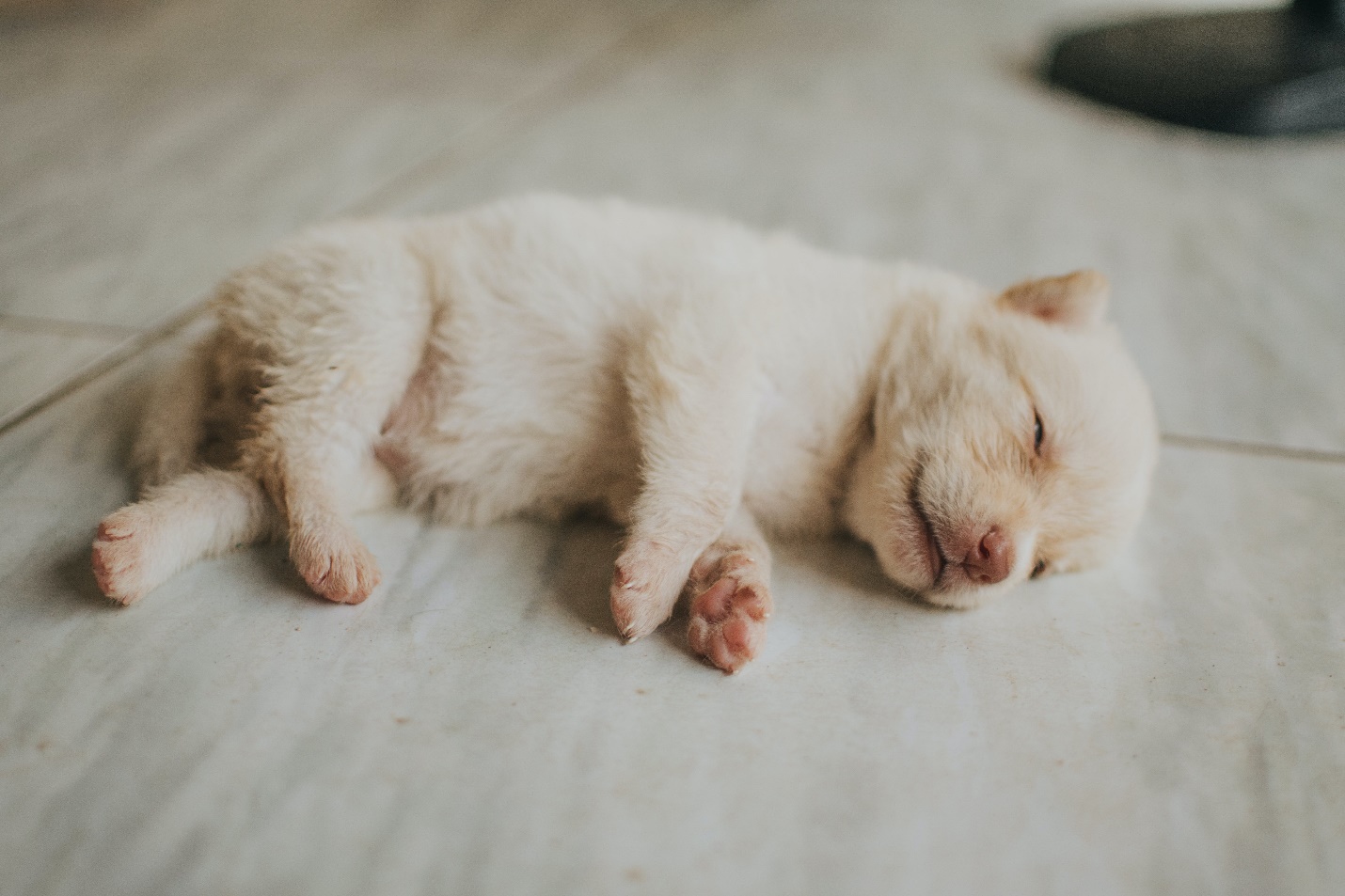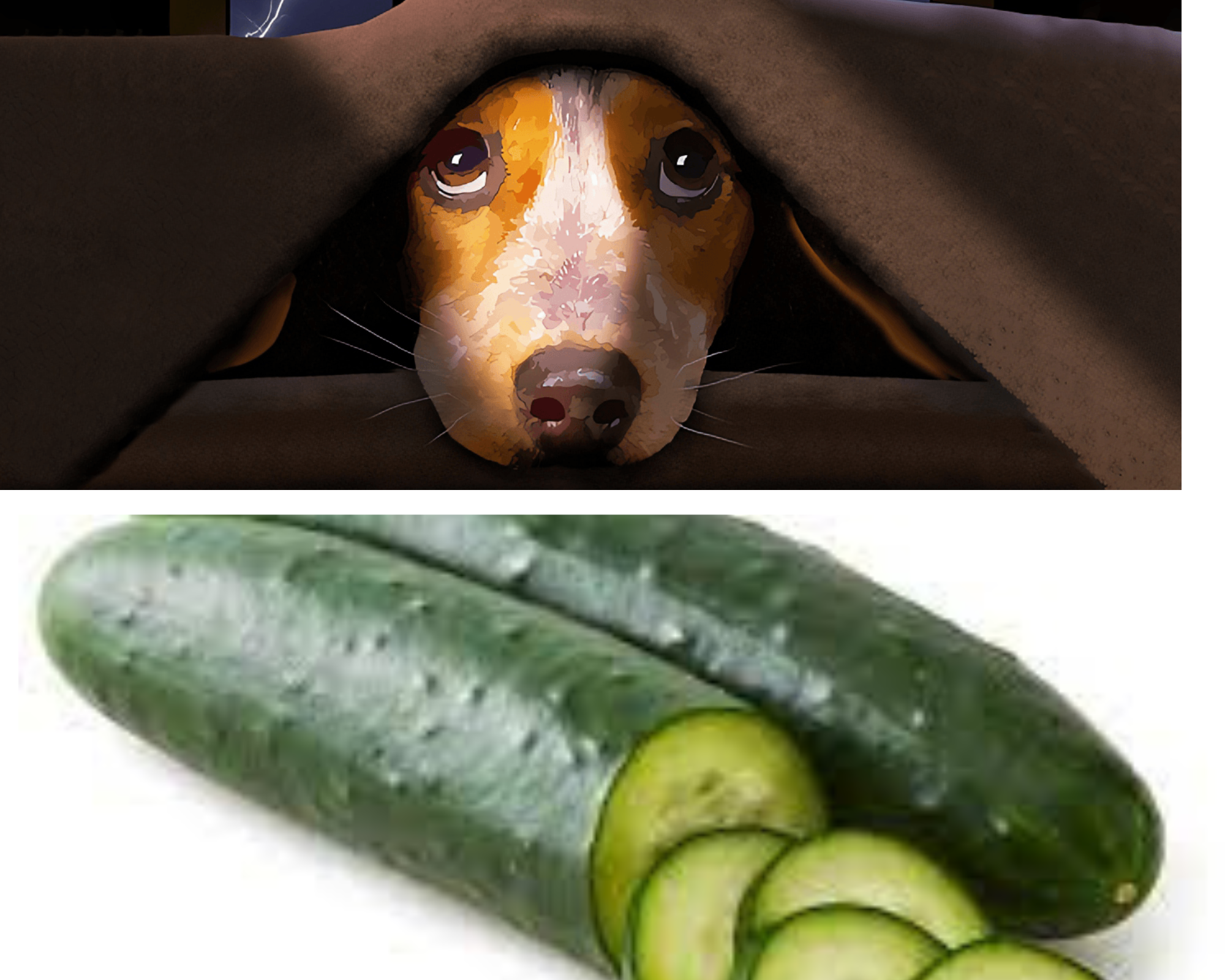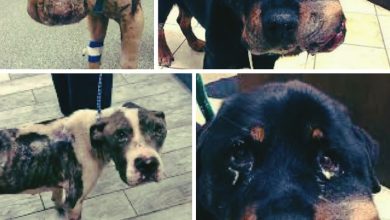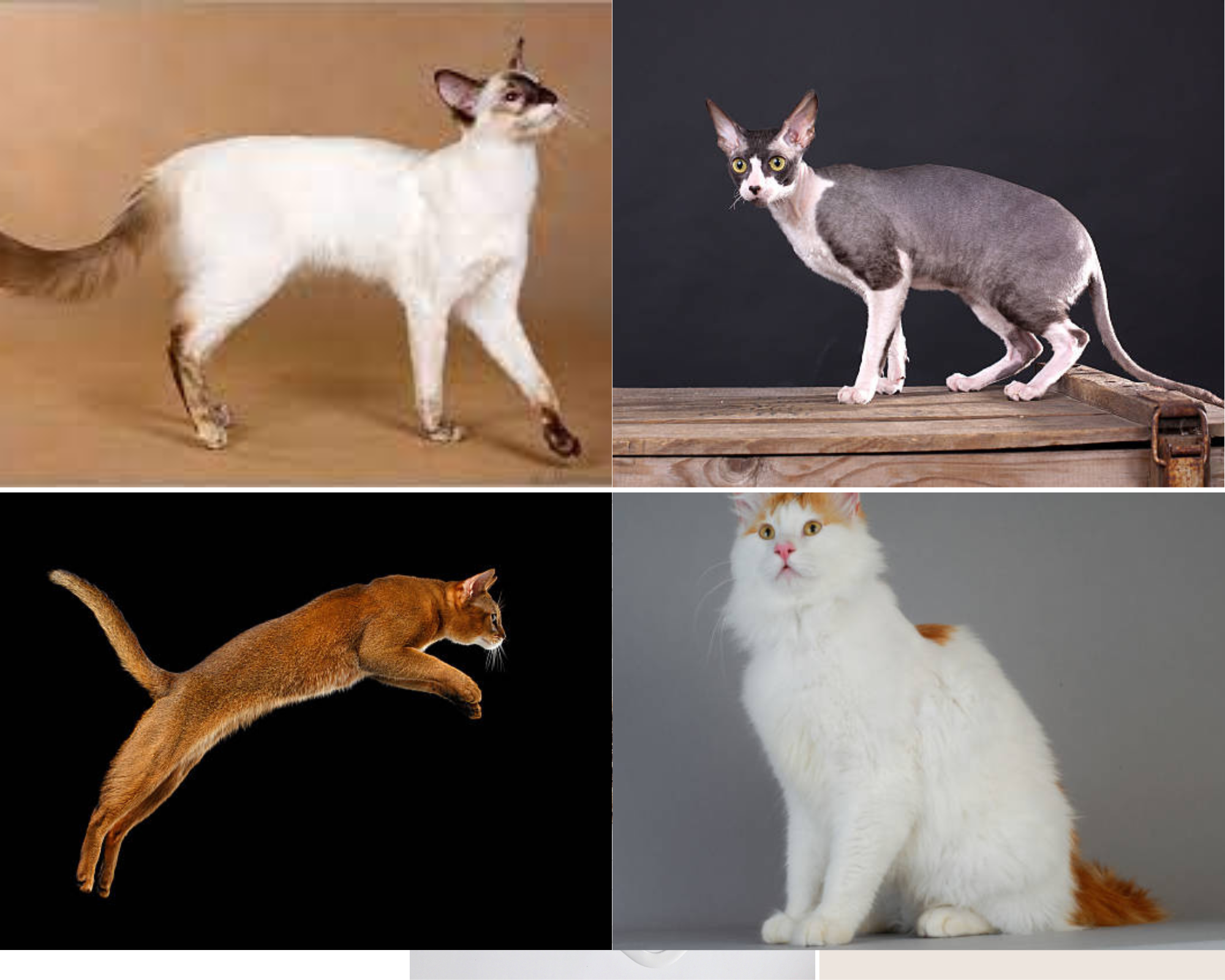Should I buy a Puppy with an Umbilical Hernia?

Should I buy a Puppy with an Umbilical Hernia? Yes, if the umbilical hernia is minor and manageable, and you’re prepared for potential medical costs. No, if it poses serious health risks or requires extensive veterinary care beyond your means.
When it comes to a pup’s health, a lot needs to be considered to avoid buying a breed with susceptibility to illnesses, although not all illnesses are worth fretting over, for example, umbilical hernia.
An umbilical hernia is among the many issues affecting pups’ development, and as a prospective dog parent, knowing all that you can about this condition will help you make an informed decision on either buying them or opting for another breed.
Without further ado, this article will cover everything you should know about pups with umbilical hernia, the decision to buy them, and many more, let’s dive into Sullpet
What is an Umbilical Hernia?
To define what an umbilical hernia is in puppies, we’d need to start with an analogy.
Before a pup is born, as it develops into its mother’s womb, it feeds by getting nutrients from a tubelike tissue that connects it to its mother’s, this nutrient supplied ensures that the pup becomes fully developed before being delivered.
When the pup is mature enough to be born and is eventually delivered, the placenta (the long tubelike structure) which is connected to the mother for nutrients is no longer needed. At this point, the pup’s mother chews off the placenta until it disconnects from the pup and her.
However, the remnant that sticks around the pup’s abdomen forms part of its belly button when healed completely. If the remaining placenta takes a longer time to heal, then the condition results in what is called an umbilical hernia.
Although it takes some time for your pups’ umbilical cord to finish healing and closing up (6 months or less), it becomes a problem when about the set time, it does not close up.
Symptoms of an Umbilical Hernia in a Puppy.
As earlier said, most pups with an umbilical hernia will heal within 6 months of their growth. However, care and medications should be a top priority when after the set duration your puppy begins to develop these symptoms:
Small Opening at the Belly Button
While it is expected that the umbilical cord closes off within the moment stated, a prolonged opening of the belly button can lead to the internal entrail of your puppy shooting out during respiration or digestion. This condition could lead to a tangling peradventure it sticks outside the internal organ.
Size of the Opening
Another thing to look out for as a symptom of your puppy having an umbilical hernia is the size of the opening.
Any opening in the belly button spot greater than 4 inches is a sign that your pup’s hernia needs to be treated. A greater than 4-inch opening makes the internal organs susceptible to pathogens while also creating discomfort for your dog.
Puppy reclining when being touched
This physical symptom is a clear pointer that your dog’s hernia is troubling it and to avoid aggravating their discomfort, they will avoid anyone trying to touch them.
In the worst cases, your puppy will prefer being isolated and anti-social. If this is observed, getting medical attention becomes pertinent.
Nausea and Vomiting
Mostly during digestion and whenever your pup is eating, the tendency that it will throw up during mastication is a clear sign that its umbilical hernia is serious.
As your puppy eats, the belly button is forced to move following the digestion process taking place in their digestive system, and because of the opening in the stomach, the organ responsible for digestion shoots out and, in the process, disrupts the movement of food bolus.
The disruption in the food processing causes your puppy to feel nauseous and throw up as it eats. Urgent medical attention is needed when you notice this sign in your puppy.
Use these tools: SULLPET GENERATOR TOOLS
Arching its Back
Because of the constant exposure of the internal organs due to the umbilical cord opening, your puppy will want to reduce this frequency by arching its back to suck in the intestine for a while. Further complicating the problem.
By arching its back, it disrupts airflow and materials needed for digestive regulation; think of this condition as having to change the direct course of a waterway. Instead of a straight flow, the arch now restricts the normal way water is to flow thereby leading to a strain in the flow.
These symptoms listed above should not be treated with levity and you should ensure that before buying any pups a thorough examination is carried out by the vet to determine health worthiness.
How Serious is an Umbilical Hernia in a Puppy?
An umbilical hernia in your puppy is expected to heal naturally within 6 months but it can become serious if the symptoms listed above begin to surface.
Mild Treatment for Puppies with Umbilical Hernia.
While it is advised that you seek professional advice and medication when dealing with a troubling hernia condition, an umbilical hernia not causing much trouble for your pups can use some DIY remedies that could save you precious dollars.
Belly Wrap
Belly wrap is a way to keep your puppy’s intestines from slipping outside the umbilical cord by lightly pressing within areas in the belly that can contain it until the hernia heals.
To do this, lightly move your hands around the spot where the intestine is and the place it slips open unto and then slide the organ in a much closer direction around the umbilical cord until the opening heals and then you push it back to its original spot.
Other professional options will be to spay or neuter your puppy, to cut out nutrient supply and enhance the healing of your puppy’s umbilical hernia.
Puppy Health Considerations
| Health Consideration | Description |
|---|---|
| Genetic conditions | Research the breed for specific genetic conditions or predispositions. |
| Hip dysplasia | Check if the parents have been screened for hip dysplasia, especially in larger breeds. |
| Elbow dysplasia | Inquire about screenings for elbow dysplasia, which may be relevant for certain breeds. |
| Heart conditions | Check if the parents have been tested for heart issues, as some breeds are susceptible. |
| Eye problems | Certain breeds are prone to eye conditions, so ensure the puppy’s parents have been screened. |
| Hearing issues | For breeds with a predisposition to deafness, check if the puppy has been tested. |
| Skin conditions | Be aware of any specific skin conditions associated with the breed and inquire about them. |
Frequently Asked Questions about Puppy Health
Q: Should I be concerned if the puppy has an umbilical hernia?
A: While umbilical hernias are generally not life-threatening, it’s essential to assess the severity and consult with a veterinarian. In many cases, they can be corrected with a simple surgical procedure.
Q: What causes umbilical hernias in puppies?
A: Umbilical hernias result from a small opening in the abdominal muscles where the umbilical cord was attached. It’s often a congenital condition and may close on its own or require surgical intervention.
Q: Is surgery necessary for a puppy with an umbilical hernia?
A: The necessity of surgery depends on the size and severity of the hernia. Your veterinarian will evaluate the condition and recommend a course of action. In many cases, surgery is a straightforward procedure with a good prognosis.
Q: Can a puppy lead a normal life with an umbilical hernia?
A: Yes, many puppies with small hernias lead perfectly normal lives. However, it’s crucial to monitor the condition and follow veterinary advice to ensure the best outcome for the puppy’s health.
Q: Are there risks associated with surgery for umbilical hernia repair?
A: As with any surgical procedure, there are inherent risks. However, complications are rare, especially when performed by a skilled veterinarian. The benefits of correcting the hernia often outweigh the risks.
Q: Can I negotiate the price if a puppy has an umbilical hernia?
A: It’s possible to discuss the price with the breeder, especially if the hernia requires surgical correction. However, prioritize the puppy’s health over negotiations and ensure proper veterinary care regardless of the agreed-upon price.
Should I buy a Puppy with an Umbilical Hernia?
You should buy a puppy with an umbilical hernia if the conditions are less likely to lead to serious cases and frequent visits to the doctor. More so, getting pups from reputable pounds and licensed shelters will ensure you only have the best breed of any pup you want.
If you find this article informative, please do well to check out our other related articles and also bookmark this page for easy reference whenever you need ideas on buying a puppy with an umbilical hernia.







Thank you I have just been searching for information approximately this topic for a while and yours is the best I have found out so far However what in regards to the bottom line Are you certain concerning the supply
I loved even more than you will get done right here. The overall look is nice, and the writing is stylish, but there’s something off about the way you write that makes me think that you should be careful what you say next. I will definitely be back again and again if you protect this hike.